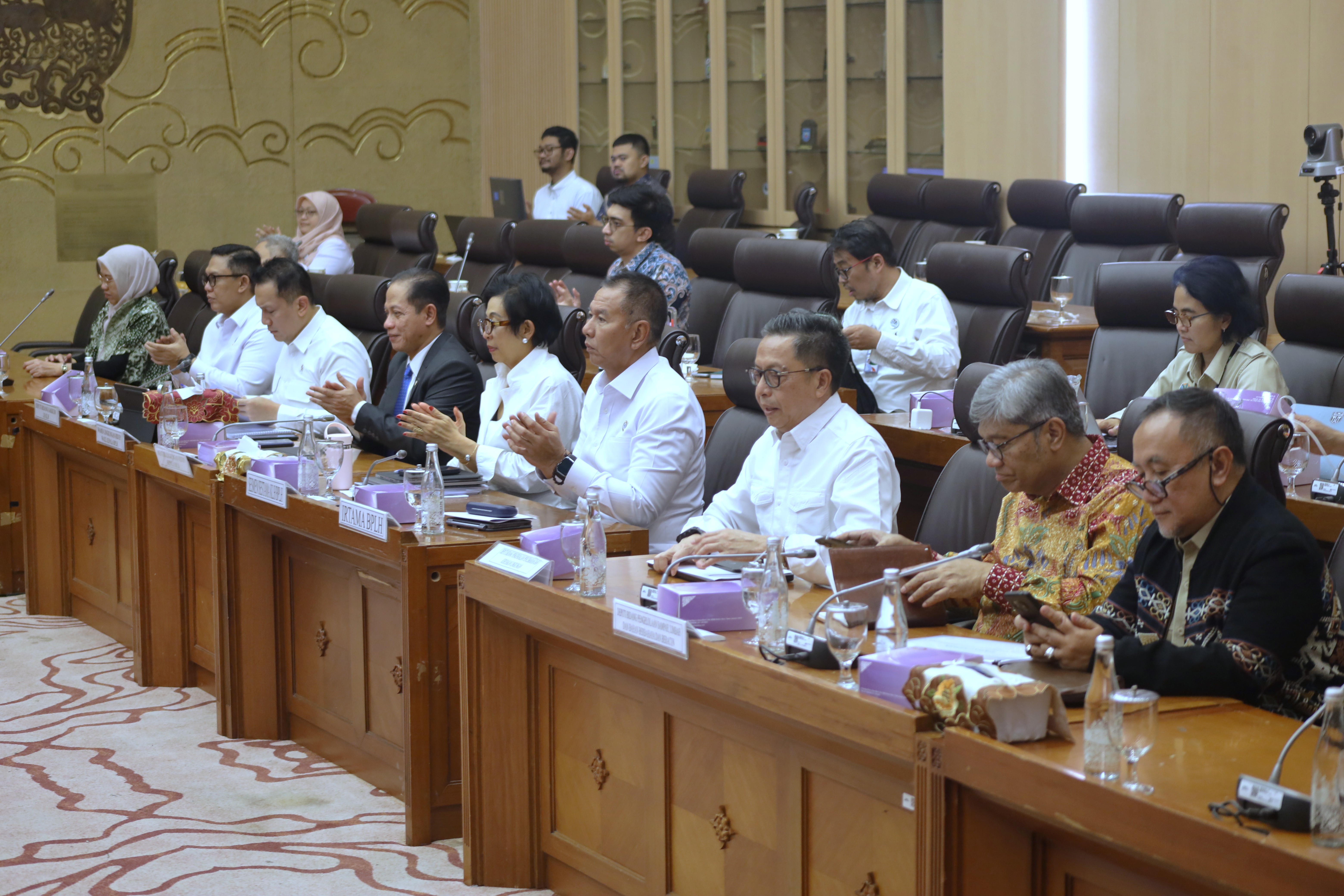
Product walkthrough, trial, POCs, enterprise offering, support and more. Speak with one of our specialists.


Product walkthrough, trial, POCs, enterprise offering, support and more. Speak with one of our specialists.

Policy and industry News

Commission XII of the Indonesian House of Representatives (DPR RI) has officially approved the budget for the Ministry of Environment (KLH)/Environmental Control Agency (BPLH) for 2026 at IDR 1.3 trillion. The 29% increase from the previous year’s budget was the result of a working meeting between the DPR RI and KLH/BPLH at the Parliament Complex in Senayan, Jakarta, on Thursday, September 4, 2025. This news is a positive signal that environmental issues are increasingly becoming a national development priority.
Of the total budget, KLH/BPLH will allocate funds for improving environmental quality, pollution control, and strengthening disaster resilience and climate change mitigation. In fact, IDR 58 billion is specifically allocated for climate change programs and IDR 70 billion for community-based waste management.
Minister of Environment Hanif Faisol Nurofiq explained that the 29% budget increase is expected to have a tangible impact on society—from more effective pollution control and better waste management facilities to strengthening carbon financing instruments to support emission reduction targets.
These programs will also directly affect daily life. For example, strengthening 3R Waste Processing Sites (Reuse-Reduce-Recycle), expanding waste banks, and introducing waste-to-energy technologies in traditional markets. The government also provides facilities such as composters and containers to make public education on waste management easier to implement from home.
The increase in the KLH/BPLH budget is not just about numbers but a testament to the government’s serious commitment to tackling the impacts of climate change. These impacts are being felt everywhere—from extreme weather and threats to agriculture, livestock, and fisheries to health risks caused by pollution and environmental degradation, as well as economic risks that could disrupt people’s livelihoods.
This moment also presents a great opportunity for all parties—government, private sector, and communities—to work together in addressing climate change impacts.
To meet these challenges, multi-stakeholder synergy is essential. The government needs support from various parties to ensure programs run optimally, such as:
However, a large budget alone is not enough. Every program addressing the climate crisis must be accompanied by transparency and monitoring to ensure that results are truly optimal and measurable.
Here, technology plays a key role. Jejakin offers technology-driven solutions to help support climate action programs, such as:
CarbonIQ
This application helps companies calculate their carbon footprint and visualize all emission sources—from Scope 1, 2, and part of Scope 3. It covers activity data collection, emission calculations based on international standards (GHG Protocol, PCAF), and mitigation through realistic targets aligned with SBTi principles.
CarbonSpace
This platform functions like a digital carbon marketplace! Anyone can directly participate in tangible actions such as tree planting, tree adoption, or purchasing carbon credits. Everything can be done transparently and easily through the app.
CarbonAtlas
This is an advanced monitoring tool for green projects. Using remote sensing technology, IoT sensors, and mobile applications, CarbonAtlas helps verify carbon projects and ensure their quality meets global standards. It’s ideal for project developers, implementing partners, and verification bodies.
As a technology company, Jejakin provides digital solutions that can serve as a bridge to make government programs more effective, targeted, and impactful for society.
Jejakin believes that collective action is key. Collaboration can be carried out with companies, communities, and individuals to make climate action stronger and more comprehensive.
If the government has already taken steps, what about us? Individuals can start with simple actions, such as calculating their carbon footprint by visiting event.jejakin.app. Companies can design decarbonization strategies together with Jejakin to make their transition toward a green economy more measurable.
The 2026 KLH/BPLH budget increase marks the beginning of a collective movement. With data, technology, and collaboration, Indonesia can move faster toward Net Zero Emission and a greener future.






















Jejakin’s green programs combine high-tech monitoring, biodiversity restoration, and community-led initiatives to deliver powerful, sustainable change across ecosystems.








